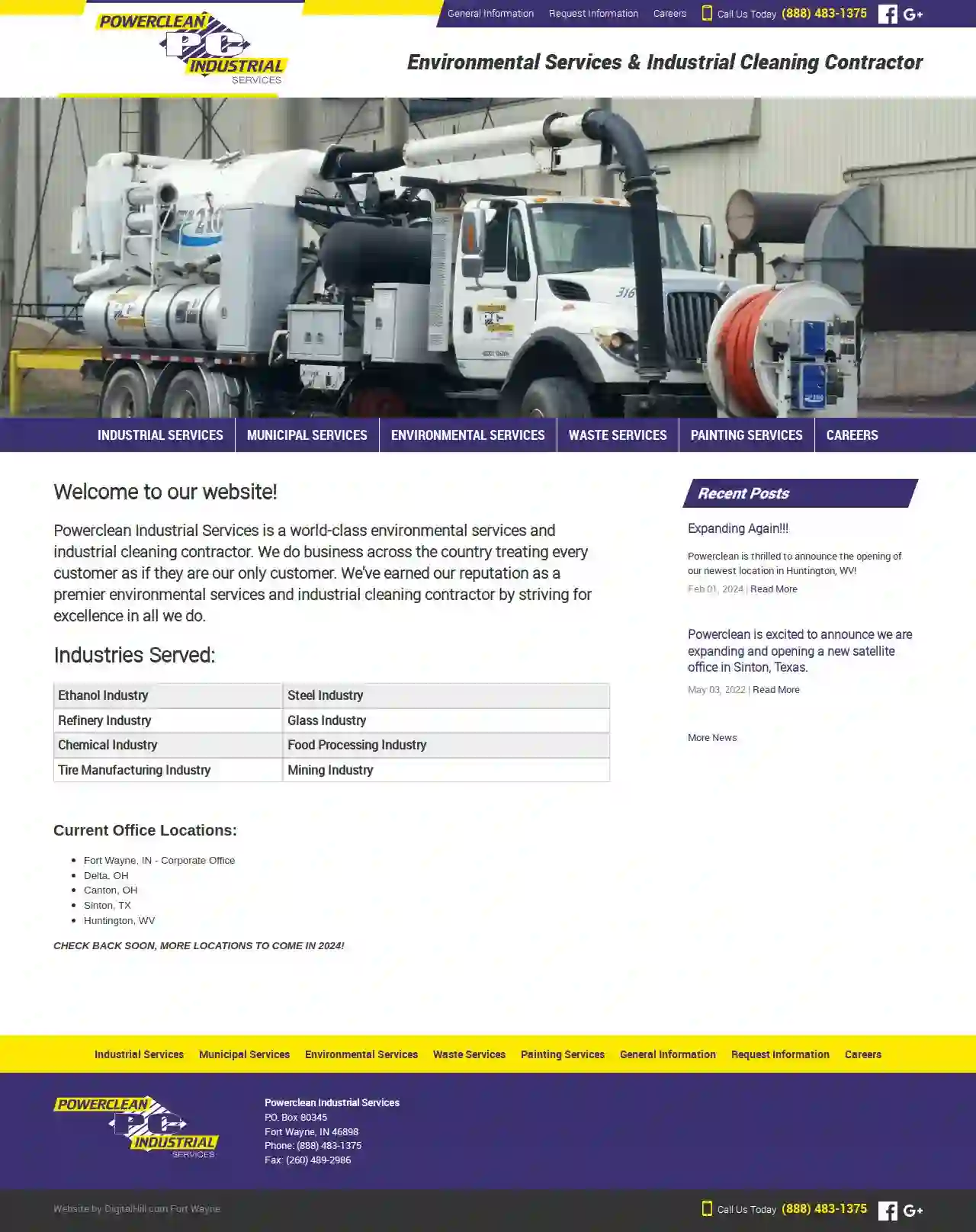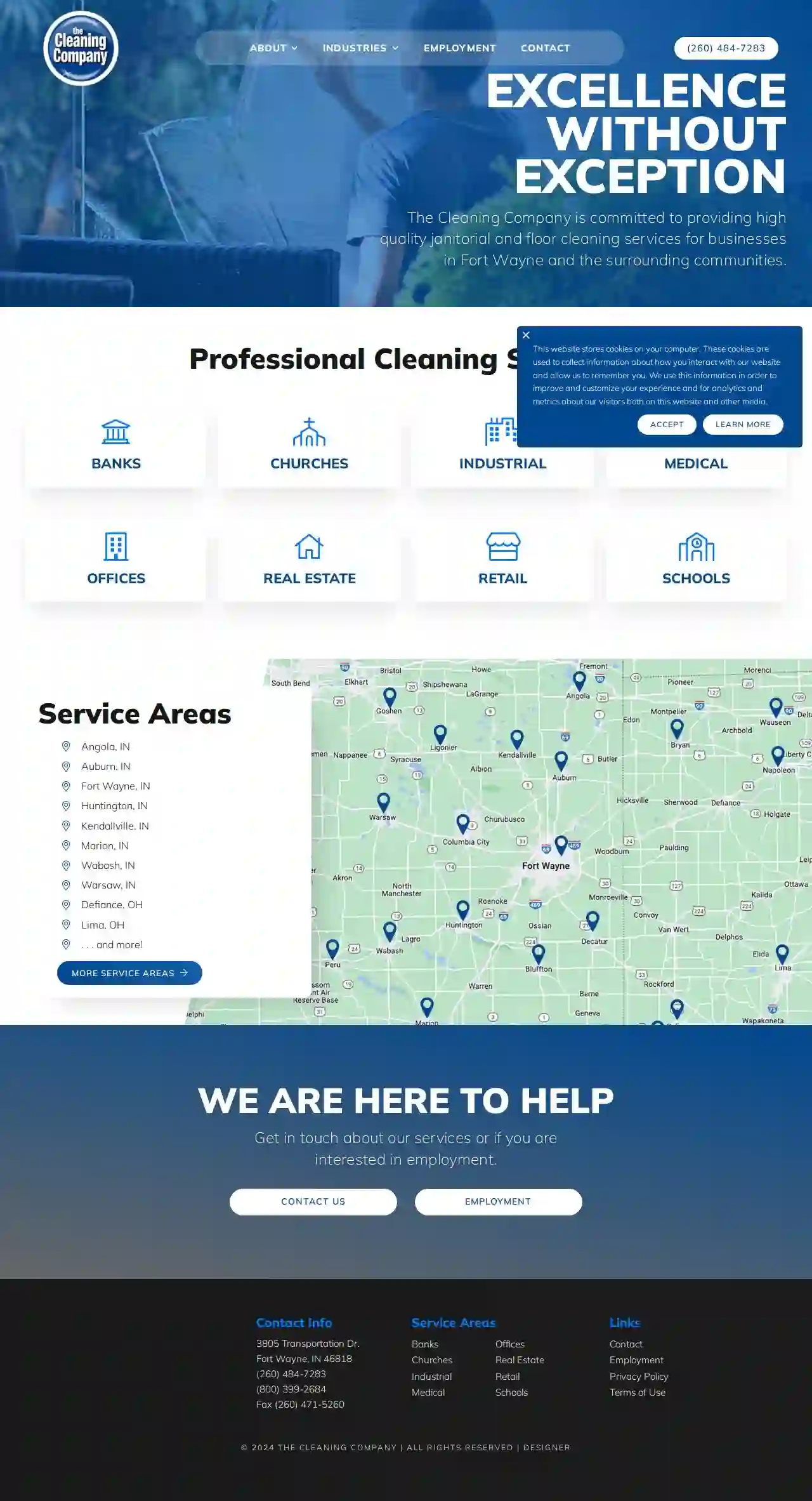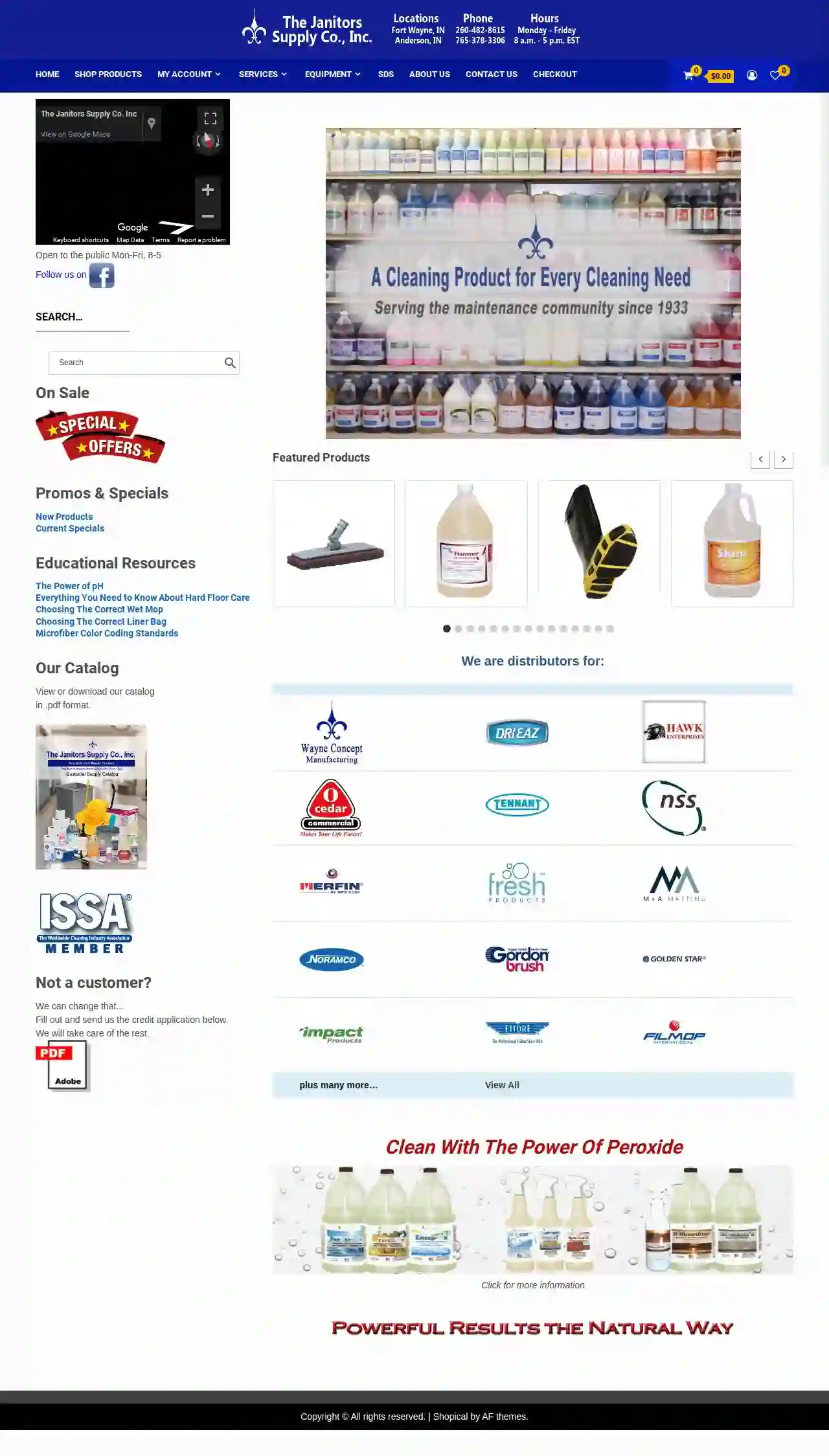Cleaning Services Collingswood
Top Residential Cleaning in Collingswood
Receive 3 FREE Housekeeping Services quotes for your project today! Compare profiles, reviews, accreditations, portfolio, etc... and choose the best deal.
Service Needed
City or Town

Craft Laboratories
56 reviewsWayne, US- Services
- Why Us?
- Gallery
Get Quote
Ready Clean
514 reviewsPaterson, US- Services
- Why Us?
- Gallery
Get Quote
Lindsey Clean
4.963 reviewsJersey City, US- Services
- Why Us?
- Gallery
Get Quote
Powerclean Inc
36 reviewsWayne, US- Services
- Why Us?
- Gallery
Get Quote
The Cleaning Authority - Fort Wayne
4.962 reviewsWayne, US- Services
- Why Us?
- Gallery
Get Quote
VepoClean (EcoPure) Home Cleaning Jersey City
4.999 reviewsJersey City, US- Services
- Why Us?
- Gallery
Get Quote
The Cleaning Company
429 reviewsWayne, US- Services
- Why Us?
- Gallery
Get Quote
Schimmels Floor Care Solutions
535 reviewsWayne, US- Services
- Why Us?
- Gallery
Get Quote
The Janitors Supply Co. Inc
4.822 reviewsWayne, US- Services
- Why Us?
- Gallery
Get Quote
SERVPRO of South Jersey City/Bayonne
4.619 reviewsJersey City, US- Services
- Why Us?
- Gallery
Get Quote
Over 60,241+ Cleaning Businesses on our directory
Our cleaning services operate in Collingswood & surroundings!
CleaningMatch has curated and vetted the Best Janitorial Contractors in and around Collingswood. Find a trustworthy pro today.
Frequently Asked Questions About Cleaning Services
Find answers to common questions about cleaning services and hiring cleaning companies in the USA.
- Communicate clearly: Before the cleaning, communicate your expectations and any specific cleaning requirements. Provide a list of areas you want them to focus on or any tasks you want them to prioritize.
- Provide access: Ensure the cleaners have access to all the areas that need cleaning. Unlock doors, clear clutter, and provide any necessary instructions.
- Walk through after cleaning: Once the cleaning is complete, do a walk-through with the cleaners to inspect their work. Address any concerns or areas that need attention.
- Provide feedback: Give the cleaning service feedback on their performance. Let them know what you were happy with and any areas they can improve.
- Build a relationship: Establish a good relationship with the cleaning service by communicating openly, treating them with respect, and providing clear instructions.
- Using the wrong cleaning products: Certain cleaning products are unsuitable for specific surfaces. Using abrasive cleaners on delicate surfaces can cause scratches or discoloration.
- Not reading product instructions: Always read and follow the instructions on cleaning products to ensure proper usage and avoid potential hazards.
- Using dirty cleaning tools: Dirty cloths, sponges, and mops can spread germs and dirt instead of cleaning them. Rinse and sanitize your cleaning tools regularly.
- Skipping ventilation: Proper ventilation is essential when using cleaning products, especially those with strong fumes. Open windows and doors to allow fresh air circulation.
- Not allowing sufficient drying time: After cleaning, allow surfaces to dry completely to prevent mold and mildew growth, particularly in humid areas like bathrooms.
- Ignoring clutter: Clutter makes cleaning more difficult and time-consuming. Declutter regularly to maintain a cleaner and more organized home.
- Residential Cleaning: Covers cleaning homes, apartments, and other living spaces.
- Commercial Cleaning: Focuses on cleaning offices, retail stores, and other business establishments.
- Deep Cleaning: A thorough and intensive cleaning that covers areas often neglected during regular cleaning.
- Move-In/Move-Out Cleaning: Comprehensive cleaning performed before or after moving into or out of a property.
- Post-Construction Cleaning: Specialized cleaning after construction or renovation projects to remove debris and dust.
- Specialized Cleaning: Includes services like carpet cleaning, window cleaning, upholstery cleaning, and more.
Do I need to provide cleaning supplies for the cleaning service?
Most professional cleaning services provide their own cleaning supplies and equipment, including vacuums, mops, cleaning solutions, and microfiber cloths. However, it's always best to confirm this with the company before hiring them.
If you have specific preferences for cleaning products, such as eco-friendly or hypoallergenic options, communicate those to the cleaning service. They may accommodate your requests or allow you to provide your preferred supplies.
If you have specific preferences for cleaning products, such as eco-friendly or hypoallergenic options, communicate those to the cleaning service. They may accommodate your requests or allow you to provide your preferred supplies.
How can I make sure my cleaning service does a good job?
To ensure a satisfactory cleaning service, follow these tips:
Clear communication, a thorough inspection, and constructive feedback are key to getting the best results from your cleaning service.
Clear communication, a thorough inspection, and constructive feedback are key to getting the best results from your cleaning service.
What are some common cleaning mistakes to avoid?
Common cleaning mistakes can lead to ineffective cleaning, damage to surfaces, or wasted time. Here are some mistakes to avoid:
By avoiding these common cleaning mistakes, you can improve your cleaning efficiency and achieve better results.
By avoiding these common cleaning mistakes, you can improve your cleaning efficiency and achieve better results.
What are the different types of cleaning services?
Cleaning services cater to diverse needs and offer a range of options, including:
The best type of cleaning service depends on your specific needs, the size and condition of the property, and your budget.
The best type of cleaning service depends on your specific needs, the size and condition of the property, and your budget.
Do I need to provide cleaning supplies for the cleaning service?
Most professional cleaning services provide their own cleaning supplies and equipment, including vacuums, mops, cleaning solutions, and microfiber cloths. However, it's always best to confirm this with the company before hiring them.
If you have specific preferences for cleaning products, such as eco-friendly or hypoallergenic options, communicate those to the cleaning service. They may accommodate your requests or allow you to provide your preferred supplies.
If you have specific preferences for cleaning products, such as eco-friendly or hypoallergenic options, communicate those to the cleaning service. They may accommodate your requests or allow you to provide your preferred supplies.
How can I make sure my cleaning service does a good job?
To ensure a satisfactory cleaning service, follow these tips:
Clear communication, a thorough inspection, and constructive feedback are key to getting the best results from your cleaning service.
- Communicate clearly: Before the cleaning, communicate your expectations and any specific cleaning requirements. Provide a list of areas you want them to focus on or any tasks you want them to prioritize.
- Provide access: Ensure the cleaners have access to all the areas that need cleaning. Unlock doors, clear clutter, and provide any necessary instructions.
- Walk through after cleaning: Once the cleaning is complete, do a walk-through with the cleaners to inspect their work. Address any concerns or areas that need attention.
- Provide feedback: Give the cleaning service feedback on their performance. Let them know what you were happy with and any areas they can improve.
- Build a relationship: Establish a good relationship with the cleaning service by communicating openly, treating them with respect, and providing clear instructions.
Clear communication, a thorough inspection, and constructive feedback are key to getting the best results from your cleaning service.
What are some common cleaning mistakes to avoid?
Common cleaning mistakes can lead to ineffective cleaning, damage to surfaces, or wasted time. Here are some mistakes to avoid:
By avoiding these common cleaning mistakes, you can improve your cleaning efficiency and achieve better results.
- Using the wrong cleaning products: Certain cleaning products are unsuitable for specific surfaces. Using abrasive cleaners on delicate surfaces can cause scratches or discoloration.
- Not reading product instructions: Always read and follow the instructions on cleaning products to ensure proper usage and avoid potential hazards.
- Using dirty cleaning tools: Dirty cloths, sponges, and mops can spread germs and dirt instead of cleaning them. Rinse and sanitize your cleaning tools regularly.
- Skipping ventilation: Proper ventilation is essential when using cleaning products, especially those with strong fumes. Open windows and doors to allow fresh air circulation.
- Not allowing sufficient drying time: After cleaning, allow surfaces to dry completely to prevent mold and mildew growth, particularly in humid areas like bathrooms.
- Ignoring clutter: Clutter makes cleaning more difficult and time-consuming. Declutter regularly to maintain a cleaner and more organized home.
By avoiding these common cleaning mistakes, you can improve your cleaning efficiency and achieve better results.
What are the different types of cleaning services?
Cleaning services cater to diverse needs and offer a range of options, including:
The best type of cleaning service depends on your specific needs, the size and condition of the property, and your budget.
- Residential Cleaning: Covers cleaning homes, apartments, and other living spaces.
- Commercial Cleaning: Focuses on cleaning offices, retail stores, and other business establishments.
- Deep Cleaning: A thorough and intensive cleaning that covers areas often neglected during regular cleaning.
- Move-In/Move-Out Cleaning: Comprehensive cleaning performed before or after moving into or out of a property.
- Post-Construction Cleaning: Specialized cleaning after construction or renovation projects to remove debris and dust.
- Specialized Cleaning: Includes services like carpet cleaning, window cleaning, upholstery cleaning, and more.
The best type of cleaning service depends on your specific needs, the size and condition of the property, and your budget.